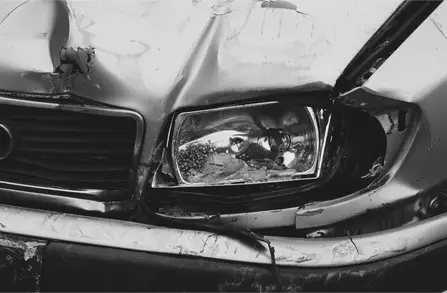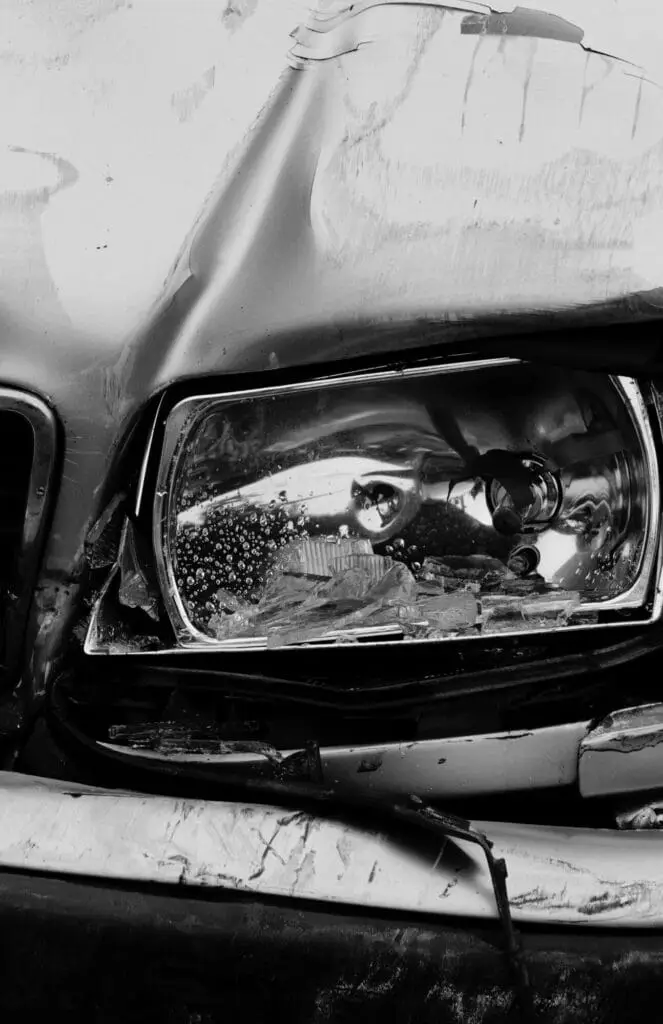Kansas | Missouri | Midwest
Car Accidents
What is a Car Accident?
Car accidents occur when a vehicle collides with another vehicle, a pedestrian, or a stationary object. They can result in injuries ranging from minor bruises to severe, life-threatening conditions like spinal cord injuries or traumatic brain injuries. Negligent actions such as speeding, distracted driving, and failure to obey traffic laws often contribute to these accidents.
Click on each sub-area below to learn more about your case.

Drunk Driving
What is a Drunk Driving Case?
Drunk driving is one of the leading causes of motor vehicle accidents. When a driver operates a vehicle under the influence of alcohol or drugs, they significantly impair their ability to drive safely, leading to crashes that often result in severe injuries or fatalities. Victims of drunk driving accidents may pursue legal claims against the driver or their insurance company.
Common Drunk Driving Cases
A car accident caused by a driver who failed a breathalyzer test after a crash.
Hit-and-run incidents where the at-fault driver is later found to be intoxicated.
A severe collision where the driver’s blood alcohol content (BAC) exceeds the legal limit.
Liability Types
Driver Negligence: The intoxicated driver is typically held fully liable for the accident.
Dram Shop Liability: If a bar or establishment served alcohol to an already intoxicated driver, they may share liability.
Common Causes
Driving under the influence of alcohol or illegal substances.
Impaired judgment, slower reaction times, and reduced coordination.
Reckless driving behavior while intoxicated, such as speeding or failure to yield.
Types of Compensation
Medical Expenses: For emergency care, surgery, and ongoing rehabilitation.
Pain and Suffering: For the physical and emotional impact of the accident.
Punitive Damages: In cases involving particularly reckless or dangerous behavior.
Wrongful Death: Compensation for loss of life and related damages if the accident results in the death of a loved one.
What to Do After a Drunk Driving Accident
Call the police and ensure a breathalyzer or blood test is taken from the driver.
Seek medical attention and document any injuries.
Gather evidence, including photos, police reports, and witness statements.
Contact a personal injury attorney to pursue compensation for your injuries and losses.
Distracted Driving
What is Distracted Driving?
Distracted driving is any activity that diverts attention away from driving. It includes texting, talking on the phone, eating, adjusting the radio, or interacting with in-car systems while driving. According to the National Highway Traffic Safety Administration (NHTSA), distracted driving is responsible for a significant portion of all car accidents.
Common Causes of Distracted Driving
Texting or Using Mobile Phones: Sending or reading messages is a major cause of accidents.
Talking to Passengers: Engaging in conversations while driving can cause lapses in attention.
Using In-Car Technology: Adjusting the GPS or radio while driving.
Liability Types
Driver Negligence: The driver may be held responsible for the distraction that caused the crash.
Roadway Conditions: If an external factor, like a poorly maintained road or construction zone, contributed to the accident.
Types of Compensation
Medical Bills: Treatment costs for injuries caused by the crash.
Lost Income: If you are unable to work due to the accident’s injuries.
Property Damage: If your vehicle or other property was damaged during the accident.
Wrongful Death: Compensation for loss of life and related damages if the accident results in the death of a loved one.
What to Do After a Distracted Driving Accident
Seek medical care, even if injuries appear minor.
Gather evidence of the accident, including the driver’s mobile phone usage, if applicable.
Contact an attorney to discuss your rights and pursue compensation.
Speeding
- Aggressive driving
- Trying to reach a destination quickly
- Poor weather conditions or road hazards
- Driver Negligence: The speeding driver is typically liable for the accident.
- Comparative Fault: In some cases, if both drivers were speeding, fault may be shared.
- Medical costs for treatment of injuries
- Loss of income due to inability to work
- Emotional distress and pain
- Call law enforcement to report the accident and receive an accident report.
- Gather evidence such as dash cam footage or witness statements.
- Speak to a lawyer to explore your legal options for seeking compensation.
Drug Abuse
- Use of prescription medications that impair motor skills
- Illegal drug use such as marijuana, cocaine, or heroin
- Mixing alcohol and drugs
- Driver Liability: The driver who was under the influence of drugs is responsible for the crash.
- Employer or Third-Party Liability: In some cases, the employer or another third party may also be responsible for allowing a drug-impaired driver to operate a vehicle.
- Medical treatment costs for injuries
- Pain, suffering, and emotional distress
- Loss of wages if unable to work due to injuries
- Seek medical attention immediately, as drug use may not be obvious right away.
- Report the accident and collect evidence, including drug tests or law enforcement records.
- Consult an experienced personal injury lawyer for legal advice and support.

